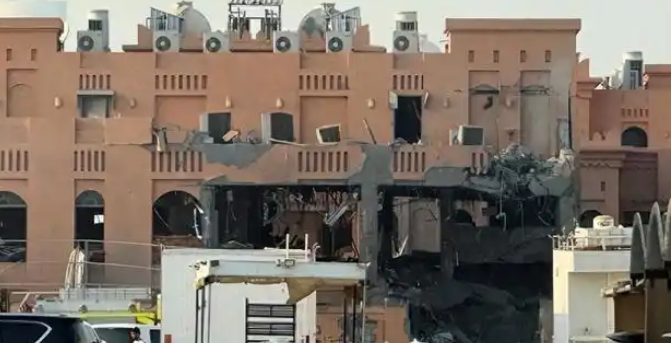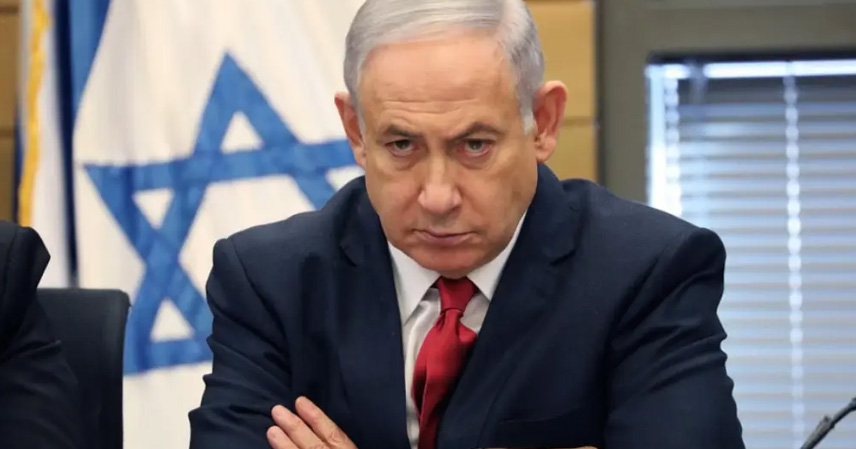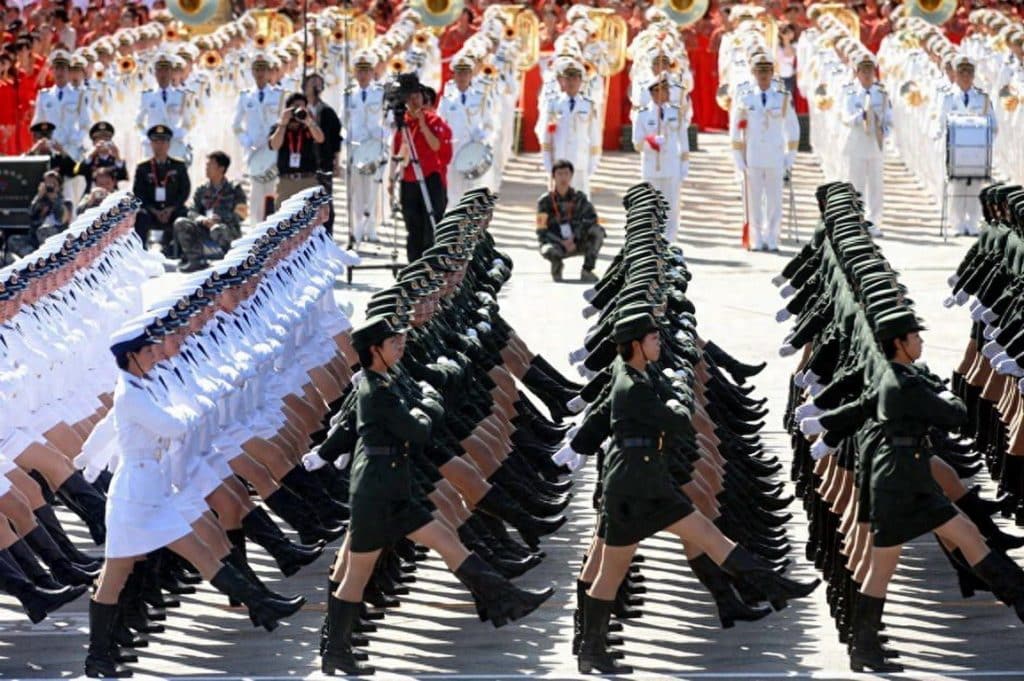On the afternoon of September 9, 2025, local time, the tranquility of northern Doha, Qatar’s capital, was shattered by explosions. The Israeli Defense Forces and National Security Agency issued a joint statement confirming a strike on high-ranking members of the Palestinian Islamic Resistance Movement (Hamas) in Doha. This incident immediately became a global focal point, drawing widespread condemnation and attention, further complicating the already intricate Middle East situation.
Qatar has long played a crucial role as a mediator in the Israeli-Palestinian conflict. Doha serves as the headquarters for Hamas’s political bureau, a key hub for its external communications and political activities. Multiple rounds of Gaza ceasefire talks have been held here, with Qatar leveraging its influence and diplomatic acumen to push for negotiations between Israel and Hamas, aiming to ease the conflict and promote regional peace and stability.

Israel’s airstrike stems from multiple complex motivations. From a military strategy perspective, Hamas’s office in Doha is a vital political and diplomatic center. Israel seeks to weaken Hamas’s decision-making and negotiation capabilities by targeting it, severing its external channels and gaining greater military advantage in Gaza. Politically, since Hamas’s large-scale attack on Israel on October 7, 2023, domestic security anxieties in Israel have intensified, putting immense pressure on the government. This operation serves as a “response” to the public, demonstrating a hardline stance against Hamas and attempting to alleviate internal political tensions by striking targets on a “retaliation list.” Additionally, Israel has long questioned Qatar’s alleged bias toward Hamas, viewing it as both a “mediator” and a “shelter.” The strike aims to marginalize Qatar’s mediation role through military pressure, shifting negotiation focus to Egypt or Turkey. Furthermore, by acting in Doha, Israel signals strength to the U.S. and its allies, asserting its operational independence and sending a message to U.S. allies in the Gulf.
The airstrike has inflicted severe consequences on Qatar. First, it caused casualties: the son of Hamas chief negotiator Khalil al-Hayya, his office director, and three other Hamas members were killed, along with one Qatari security force member—a blatant violation of Qatar’s sovereignty and public safety. Second, Qatar’s domestic security situation has tensed dramatically. Following the attack, Doha swiftly deployed special forces and bomb disposal teams to secure the site. The Ministry of Interior urged the public to rely on official information. While Hamad International Airport remains operational, security checks have intensified, with some airlines rerouting to avoid sensitive airspace, plunging the city into a state of alert. Third, Qatar has strived to build a “neutral country” image in the Middle East, enhancing its influence through active mediation in the Israeli-Palestinian conflict. This strike undermines those efforts, dragging Qatar into the conflict’s vortex and placing it in an awkward position.

Qatar and its supporters responded swiftly. The Qatari Foreign Ministry spokesperson strongly condemned the attack as a “criminal act” that blatantly violates international law, announcing a “top-level investigation.” Qatar plans to form a legal team to pursue action against Israel, reassess its role as a mediator in the Gaza conflict, and evaluate its mediation efforts. Neighboring Gulf states have voiced solidarity with Qatar; Saudi Arabia, the UAE, and others condemned Israel’s aggression in the “strongest terms,” reflecting Gulf nations’ support for Qatar and their concerns over Israel’s actions, fearing threats to their own security.
The U.S. stance in this incident has come under scrutiny. A White House official told Al Jazeera that Washington “had prior knowledge of the strike on Hamas officials.” President Trump stated that the U.S. communicated with Israel before the operation and promptly informed Qatar, but Qatar’s prime minister claimed receiving the U.S. call only 10 minutes after the attack, casting doubt on claims of U.S. unawareness. The U.S. maintains close ties with Qatar, designating it a “major non-NATO ally,” while also being Israel’s foremost external supporter and arms provider. America’s position significantly influences Middle East developments. If the U.S. knew in advance and failed to intervene, it would severely damage its credibility among Middle Eastern allies, exacerbating regional distrust of Washington.

Amid widespread international condemnation, China firmly voiced support for Qatar at the UN Security Council, denouncing Israel’s infringement on Qatar’s territorial sovereignty and national security. China called for adherence to international law and basic principles of international relations, urging a ceasefire, de-escalation, and easing of regional tensions. China’s principled stance earned thanks from Qatar, highlighting China’s role as a responsible major power in upholding international fairness and justice, as well as its positive, constructive contributions to Middle East affairs.
Israel’s airstrike on Qatar has sharply escalated tensions in the Middle East, stalling Gaza ceasefire talks and dealing a heavy blow to regional peace and stability. The future trajectory of the Middle East remains uncertain, requiring joint efforts from the international community to promote peaceful negotiations and prevent further escalation of the conflict.



